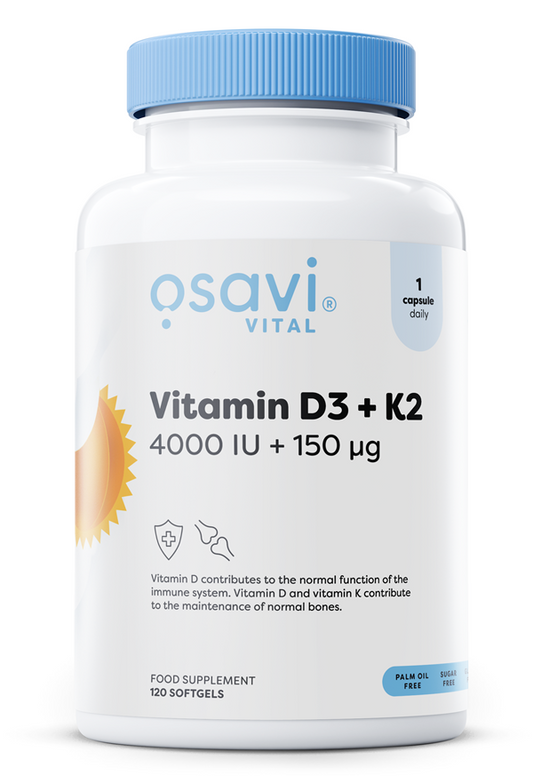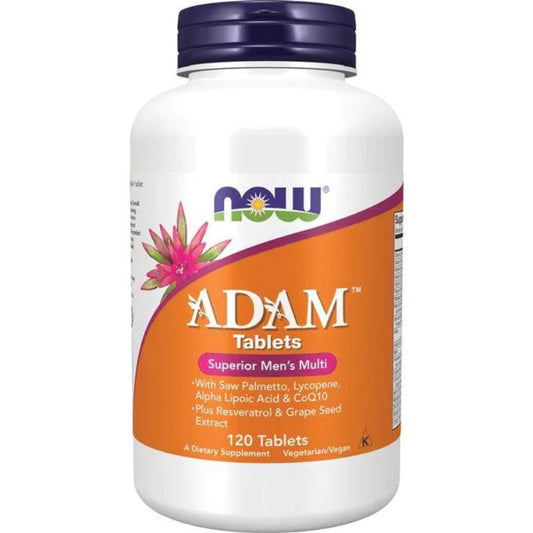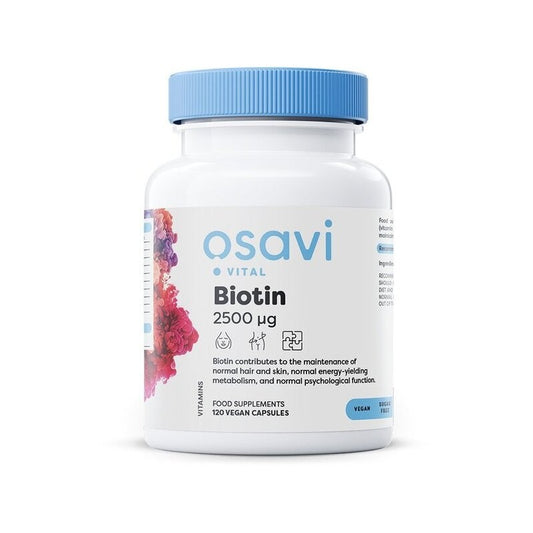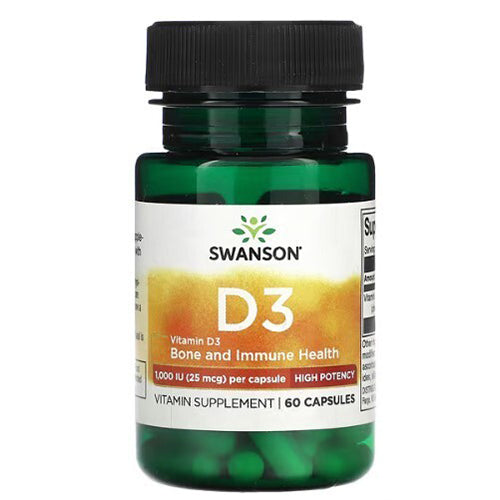
Can Vitamins Support Mouth and Oral Health? Understanding Their Role
Jakub SkibaOur mouths are not just for speaking or eating—they reflect our overall health. Many people experience occasional sores, discomfort, or irritation in the mouth, and while these issues can arise from mechanical irritation or diet choices, nutrition plays a significant supporting role in maintaining healthy oral tissues. Understanding which vitamins and minerals support the mouth and gums, and how they function in the body, can help you make informed decisions about diet and supplementation. Vitamins such as B12, B6, folate, and C, along with minerals like iron and zinc, are involved in processes like tissue maintenance, cell regeneration, and immune system function. These nutrients are essential for the body’s ability to maintain strong mucous membranes, healthy connective tissues, and the balance of the oral environment. However, it’s important to understand that no vitamin or mineral alone can prevent or treat oral conditions. Instead, they contribute to overall oral health, supporting the body in maintaining tissue integrity and resilience. Learning about the role of each nutrient, identifying potential dietary gaps, and recognizing factors that can affect absorption—like lifestyle habits or dietary patterns—can empower you to optimize your oral wellness naturally. In this article, we explore how vitamins and minerals function in the mouth, which nutrients are associated with supporting oral tissues, and ways to include them in a balanced, nutrient-rich diet. By increasing awareness of nutrient roles, you can make informed choices about foods, beverages, and supplementation, ensuring that your body has the resources to maintain a healthy mouth environment as part of overall well-being.
What Are Mouth and Gum Ulcers?
Mouth and gum ulcers are small areas of irritation or soreness in the oral cavity. While they can be uncomfortable during activities like eating, drinking, or oral hygiene, they are generally temporary. Occasional ulcers may be influenced by factors such as accidental bites, stress, hormonal fluctuations, or certain foods.
How Vitamins and Minerals Support Oral Health
Vitamins and minerals play various roles that contribute to the maintenance of healthy oral tissues. Vitamin B12 (Cobalamin) supports cell production and overall tissue health. Dietary sources include fish, eggs, dairy, and fortified plant-based foods. Folate (Vitamin B9) helps with tissue renewal and cellular growth. Leafy greens, legumes, and fortified grains are rich sources. Vitamin B6 (Pyridoxine) is involved in protein metabolism and maintaining overall body function. Poultry, fish, whole grains, and bananas provide B6. Vitamin C (Ascorbic Acid) contributes to connective tissue integrity and overall tissue support. Citrus fruits, berries, and peppers are excellent sources. Iron is important for nutrient transport and supporting overall energy in the body. Red meat, lentils, beans, and spinach supply iron. Zinc contributes to enzyme function and tissue maintenance. Pumpkin seeds, nuts, and legumes provide zinc.
Lifestyle Tips for Supporting Oral Health
While vitamins and minerals help maintain oral tissue health, overall lifestyle habits are equally important. Eat a nutrient-rich diet including a variety of colorful fruits and vegetables, protein sources, and whole grains. Stay hydrated, as water helps maintain moisture in the mouth and supports overall oral balance. Limit irritants such as spicy, acidic, or rough foods that may aggravate oral tissues. Practice stress management with techniques such as deep breathing, meditation, or yoga to support overall wellness. Maintain oral hygiene with regular brushing, flossing, and dental check-ups to support healthy gums and teeth.
When to Seek Professional Guidance
If sores or irritation persist frequently, it is important to consult a healthcare professional or registered dietitian. They can provide guidance on nutrition, potential deficiencies, and overall oral health strategies.










